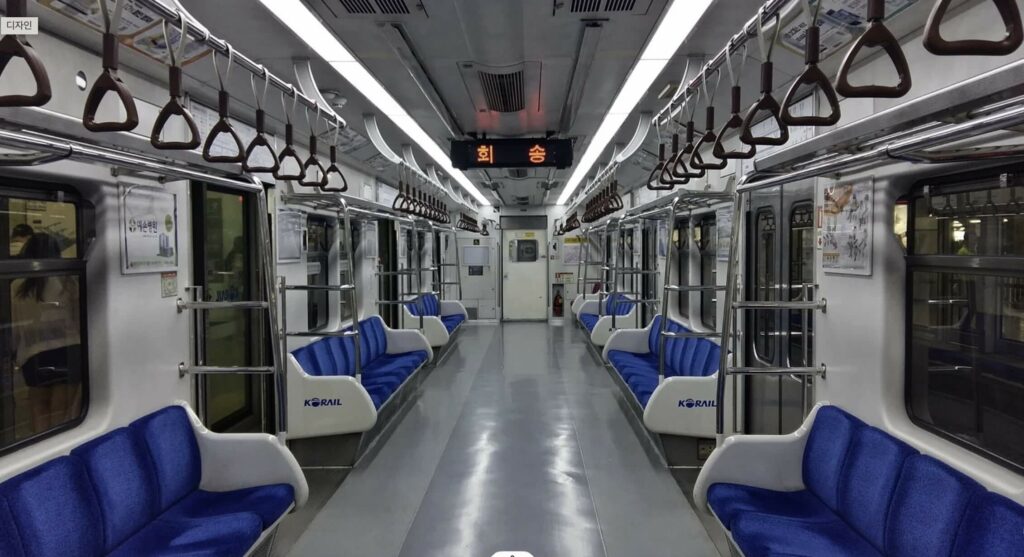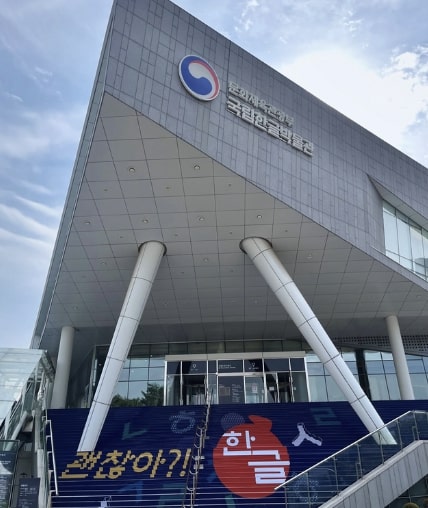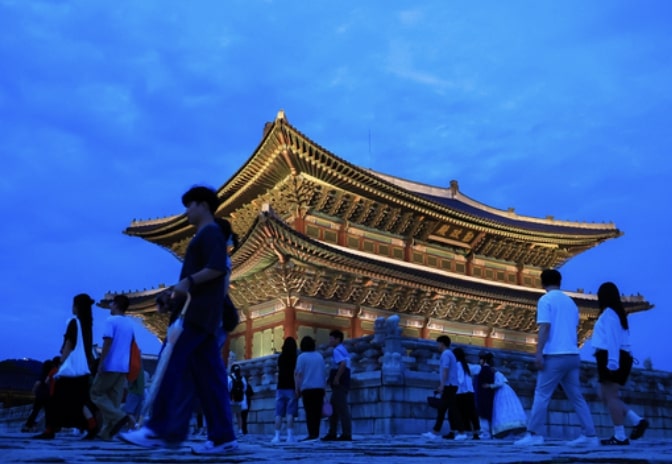
Seoul Subway Base Fare Will Be Increasing

Summer 2023 : It’s the First Time in 8 Years and 1 Month to Increase the Fare And It’s Due to the Deficit
It was the first time in eight years and one month that fares for public transportation, including buses and subways in Seoul, were raised, with the city explaining that the hike was necessary to ease the city’s public transportation deficit.
The Seoul Metro, which operates the Seoul subway with a fare system that has been frozen for years despite rising labor costs and inflation, has a cumulative deficit of 17.68 trillion won as of 2022. Last year’s deficit alone was 1.2 trillion won.
Seoul subway fares will increase after
the Chuseok holiday. Earlier this year, the basic fare for taxis in Seoul and bus fares in August 2022 increased, and now the subway fare in Seoul is set to increase as well, raising concerns among citizens.
Subway Fare Hike Starts October 7, 2023 to 1,400 Won
The basic fare for the Seoul Subway will increase by 150 won from the first train on October 7, making it 1,400 won, up from 1,250 won.
The city initially planned to raise 300 won at once, but considering the burden on citizens, it will raise 150 won this time, and the remaining 150 won will be raised in the second half of next year.
Base Fare by Transportations in the City of Seoul
- Mainline and branch bus: 1,500 won
- Circular bus : 1,400 won
- Metropolitan bus: 3,000 won
- Late night bus: 2,500 won
- Village buses: 1,200 won
- Medium-sized taxi: 4,800 won
More Attention is Being Paid to the “Climate Card” That Will Be Launching Next Year
As a result, more attention is being paid to the “Climate Card,” which will allow unlimited use of all public transportation, including the Seoul subway, city and village buses, and public bicycles, for 65,000 won per month starting next year.
After a pilot sale from January to May in 2024, the card will be fully implemented on July 1, 2023, if its effectiveness is verified. The city expects the Climate Card to further ease the burden of public transportation fare hikes.



